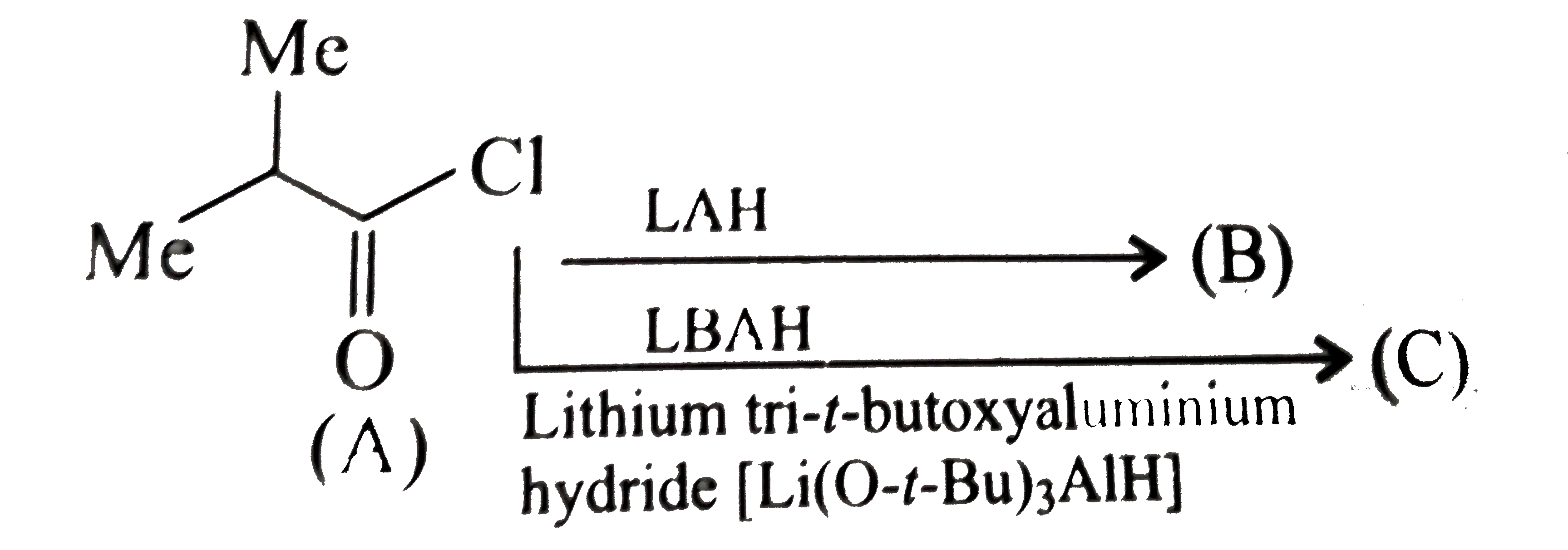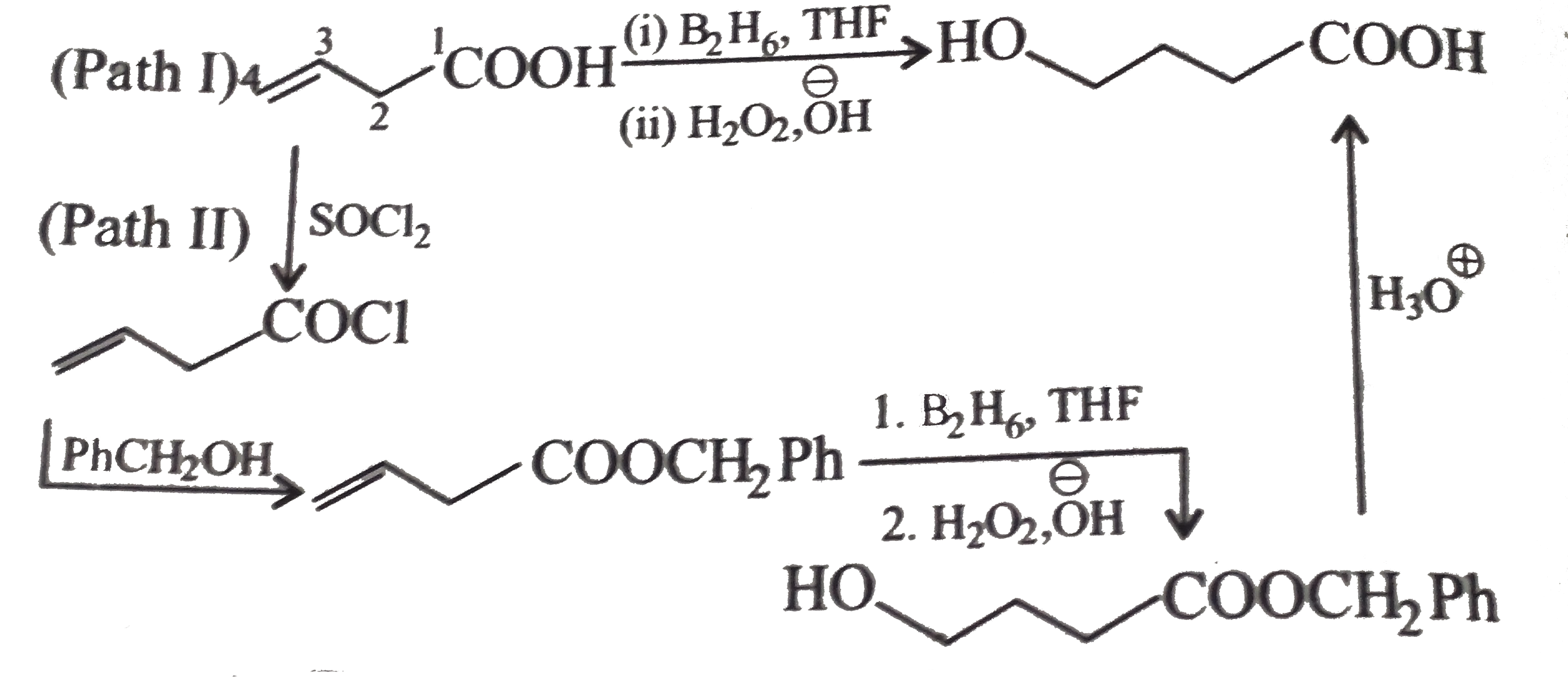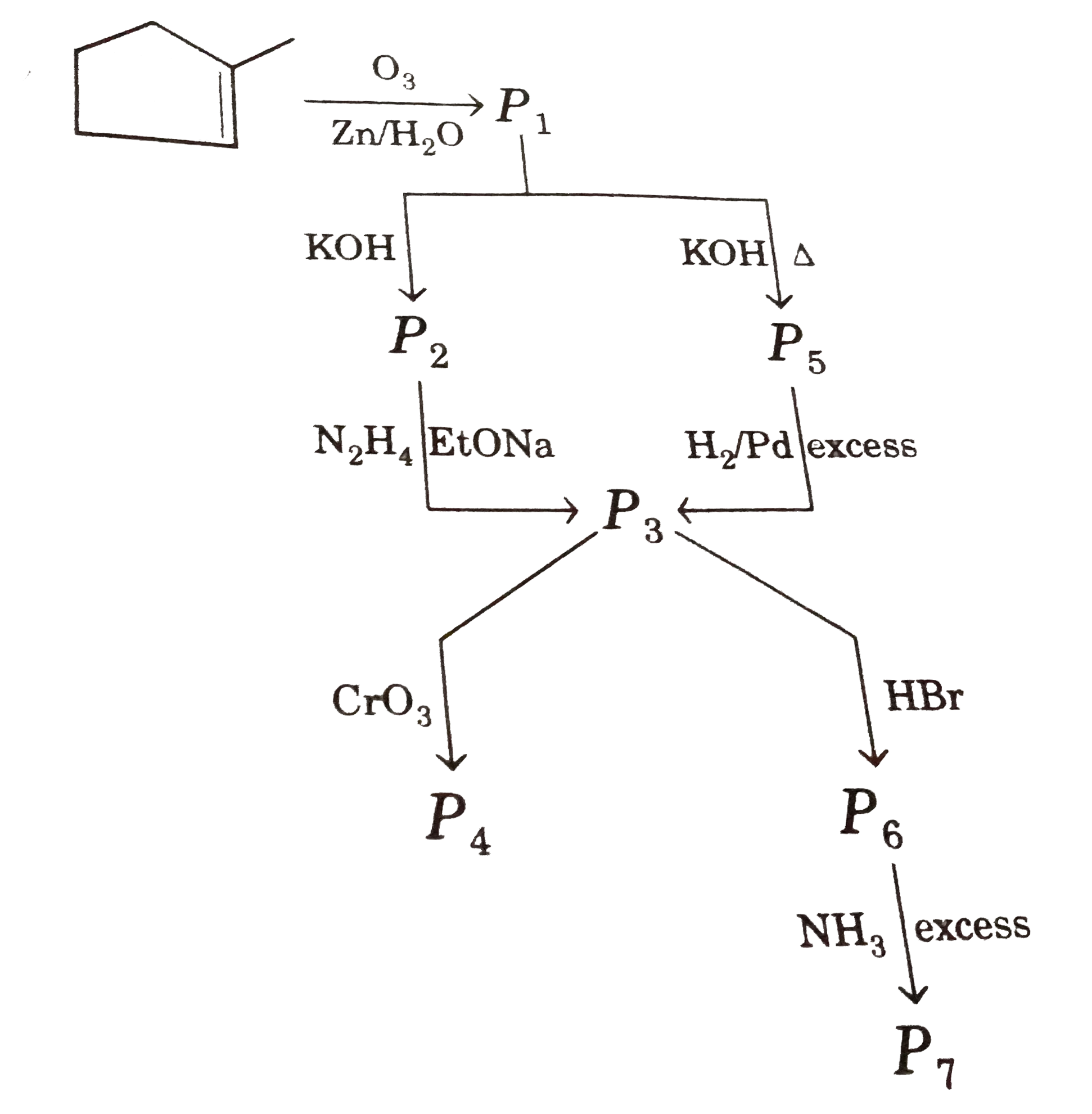Which of the following statements are correct about half life period ?
It is proportional to initial concentration for a zero order reaction.
Average life = 1.44 times half life for a first order reaction.
Time of 75% reaction is thrice of half life period in second order reaction.
99.9% reaction which is first order, takes place in 100 minutes if the rate constant of the reaction is 0.0693 min–1.
The correct Answer is:A, B, C, D
To determine which statements about the half-life period are correct, we will analyze each statement one by one based on the principles of chemical kinetics.
Step 1: Analyze the first statement
Statement: "It is proportional to initial concentration for a zero-order reaction."
For a zero-order reaction, the half-life t1/2 is given by the formula:
t1/2=(A0)2k
where (A0) is the initial concentration and k is the rate constant. This indicates that the half-life is directly proportional to the initial concentration.
Conclusion: This statement is correct.
Step 2: Analyze the second statement
Statement: "Average life is 1.44 times of half-life for a first-order reaction."
For a first-order reaction, the half-life t1/2 is given by:
t1/2=0.693k
The average life τ (or mean life) for a first-order reaction is:
τ=1k
To find the relationship between average life and half-life:
τ=1k=10.693/t1/2=t1/20.693≈1.44×t1/2
Thus, the average life is indeed approximately 1.44 times the half-life for a first-order reaction.
Conclusion: This statement is correct.
Step 3: Analyze the third statement
Statement: "Time of 75% reaction is thrice of half-life period in second-order reaction."
For a second-order reaction, the relationship between concentration and time is given by:
1(A)−1(A0)=kt
If 75% of the reaction has occurred, then:
(A)=0.25(A0)
Substituting this into the equation:
10.25(A0)−1(A0)=kt
This simplifies to:
4−1=kt⟹3=kt
The time for 75% completion is:
t=3k
The half-life for a second-order reaction is given by:
t1/2=1k(A0)
Thus, the time for 75% completion is not thrice the half-life but rather depends on the initial concentration and is actually related to the half-life in a different manner.
Conclusion: This statement is incorrect.
Step 4: Analyze the fourth statement
Statement: "99% reaction which is first order takes place in this time and rate constant is this."
For a first-order reaction, if we want to find the time taken for 99% completion, we can use the equation:
(A)=(A0)(1−0.99)=0.01(A0)
Using the first-order kinetics equation:
ln((A0)(A))=kt
Substituting the values:
ln((A0)0.01(A0))=kt⟹ln(100)=kt
This leads to:
kt=4.605
If the rate constant k is given, we can calculate t and check if it matches the given time.
Conclusion: This statement is correct if the calculations are consistent with the provided rate constant.
Final Summary of Statements
- Statement 1: Correct
- Statement 2: Correct
- Statement 3: Incorrect
- Statement 4: Correct
Thus, the correct options are A, B, and D.
Statement: "It is proportional to initial concentration for a zero-order reaction."
t1/2=(A0)2k
where (A0) is the initial concentration and k is the rate constant. This indicates that the half-life is directly proportional to the initial concentration.
Statement: "Average life is 1.44 times of half-life for a first-order reaction."
t1/2=0.693k
The average life τ (or mean life) for a first-order reaction is:
τ=1k
To find the relationship between average life and half-life:
τ=1k=10.693/t1/2=t1/20.693≈1.44×t1/2
Thus, the average life is indeed approximately 1.44 times the half-life for a first-order reaction.
Statement: "Time of 75% reaction is thrice of half-life period in second-order reaction."
1(A)−1(A0)=kt
If 75% of the reaction has occurred, then:
(A)=0.25(A0)
Substituting this into the equation:
10.25(A0)−1(A0)=kt
This simplifies to:
4−1=kt⟹3=kt
The time for 75% completion is:
t=3k
The half-life for a second-order reaction is given by:
t1/2=1k(A0)
Thus, the time for 75% completion is not thrice the half-life but rather depends on the initial concentration and is actually related to the half-life in a different manner.
Statement: "99% reaction which is first order takes place in this time and rate constant is this."
(A)=(A0)(1−0.99)=0.01(A0)
Using the first-order kinetics equation:
ln((A0)(A))=kt
Substituting the values:
ln((A0)0.01(A0))=kt⟹ln(100)=kt
This leads to:
kt=4.605
If the rate constant k is given, we can calculate t and check if it matches the given time.
- Statement 1: Correct
- Statement 2: Correct
- Statement 3: Incorrect
- Statement 4: Correct
Topper's Solved these Questions
- BOOK - MOTIONCHAPTER - Chemical KineticsEXERCISE - Exercise - 2 (Level-II) (COMPREHENSION - 2)26videos
Chemical Kinetics
- BOOK - MOTIONCHAPTER - Chemical KineticsEXERCISE - Exercise - 2 (Level-II) (COMPREHENSION - 3)4videos
Chemical Kinetics
- BOOK - MOTIONCHAPTER - Chemical KineticsEXERCISE - Exercise - 2 (Level-II) (COMPREHENSION - 1)3videos
Chemical Kinetics
- BOOK - MOTIONCHAPTER - CHEMICAL EQUILIBRIUMEXERCISE - Exercise - 420videos
CHEMICAL EQUILIBRIUM
- BOOK - MOTIONCHAPTER - CLASSROOM PROBLEMS EXERCISE - Electrochemistry22videos
CLASSROOM PROBLEMS
Similar Questions
Knowledge Check
- Question 1 - Select One or More
Which of the following statement is correct about the half life period?
AIt is proportional to initial concentration for zeroth orderBAverage life= 1.44 half life for first order reaction.CTime to complete 75% reaction is thrice of half life period in second order reaction.D99.9% of reaction takes place in 100 minutes for the case when rate constant is 0.0693−1min - Question 2 - Select One or More
Which of the following statements are correct about halr-period ?
AIt is proportional to intial concentration for zeroth orderBAverage life =1.44× half-life for first order reaction.CTiem of 75% comletion of reaction is thrice of halr-life (intial harl-life) period in second order reactionD99.9% reaction takes place in 100 minutes for the case when reate constant is 0.693−1min - Question 3 - Select One
Which of the following statement is correct about alkanes?
AAlkanes react with acids or base in normal conditionsBAlkanes react with oxidising or reducing temperature in normal conditonsCAlkanes are inert compoundsDAlkanes are unsasturated compunds
Which of the following statement is correct about halobenzene?
View SolutionWhich of the following statements is/are correct about internal energy?
View SolutionWhich of the following statements are correct about the following reaction ?
 View Solution
View SolutionWhich of the following statements are correct about the following reactions :
 .View Solution
.View SolutionWhich of the following statements are correct about the following reaction
 View Solution
View Solution


